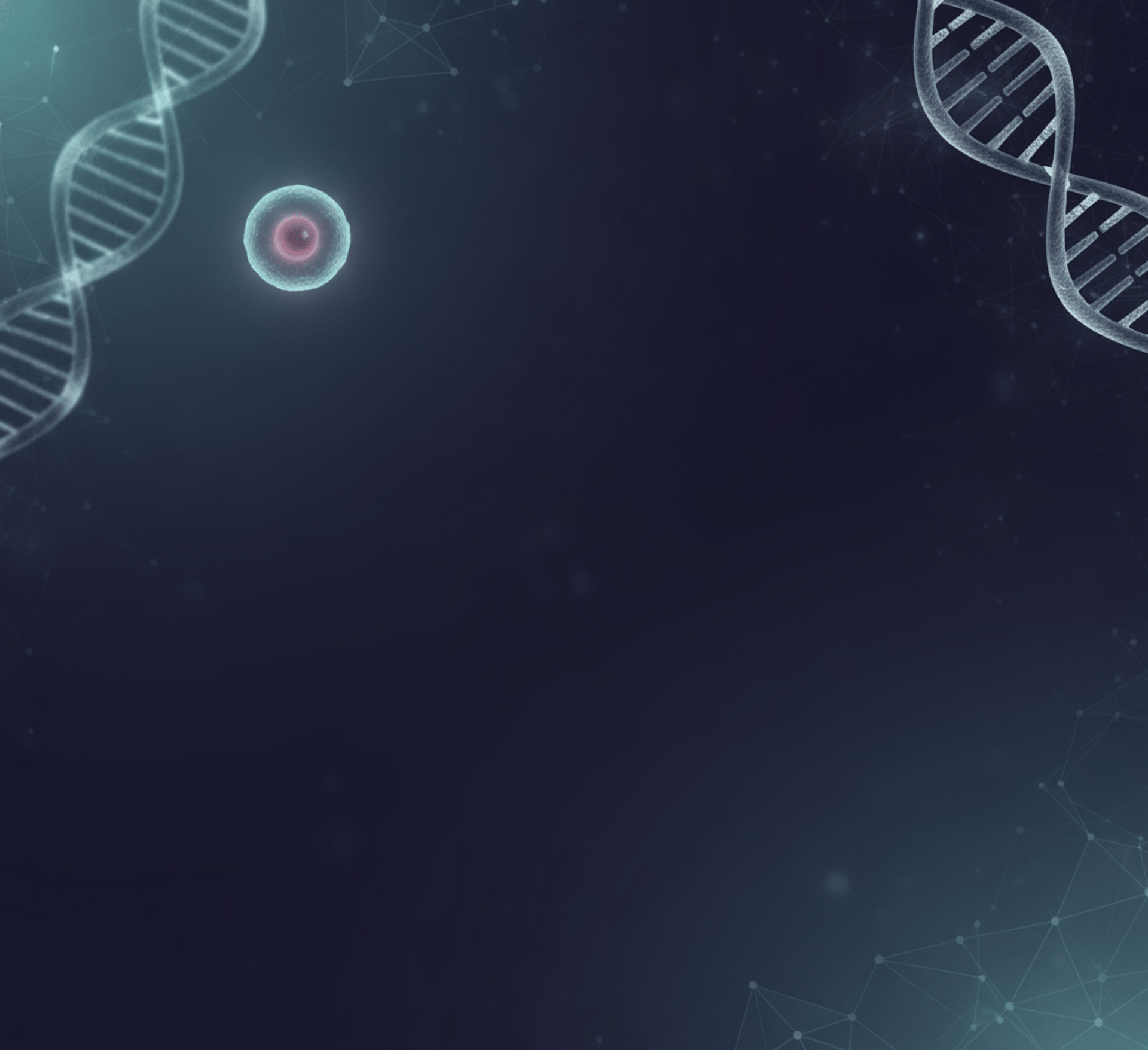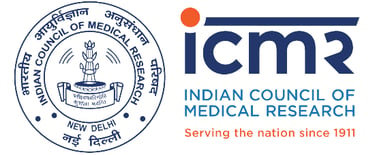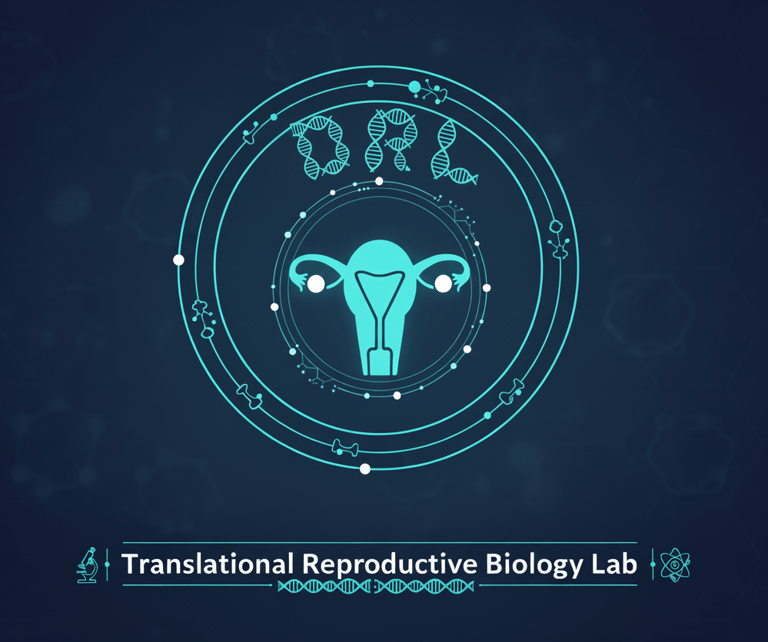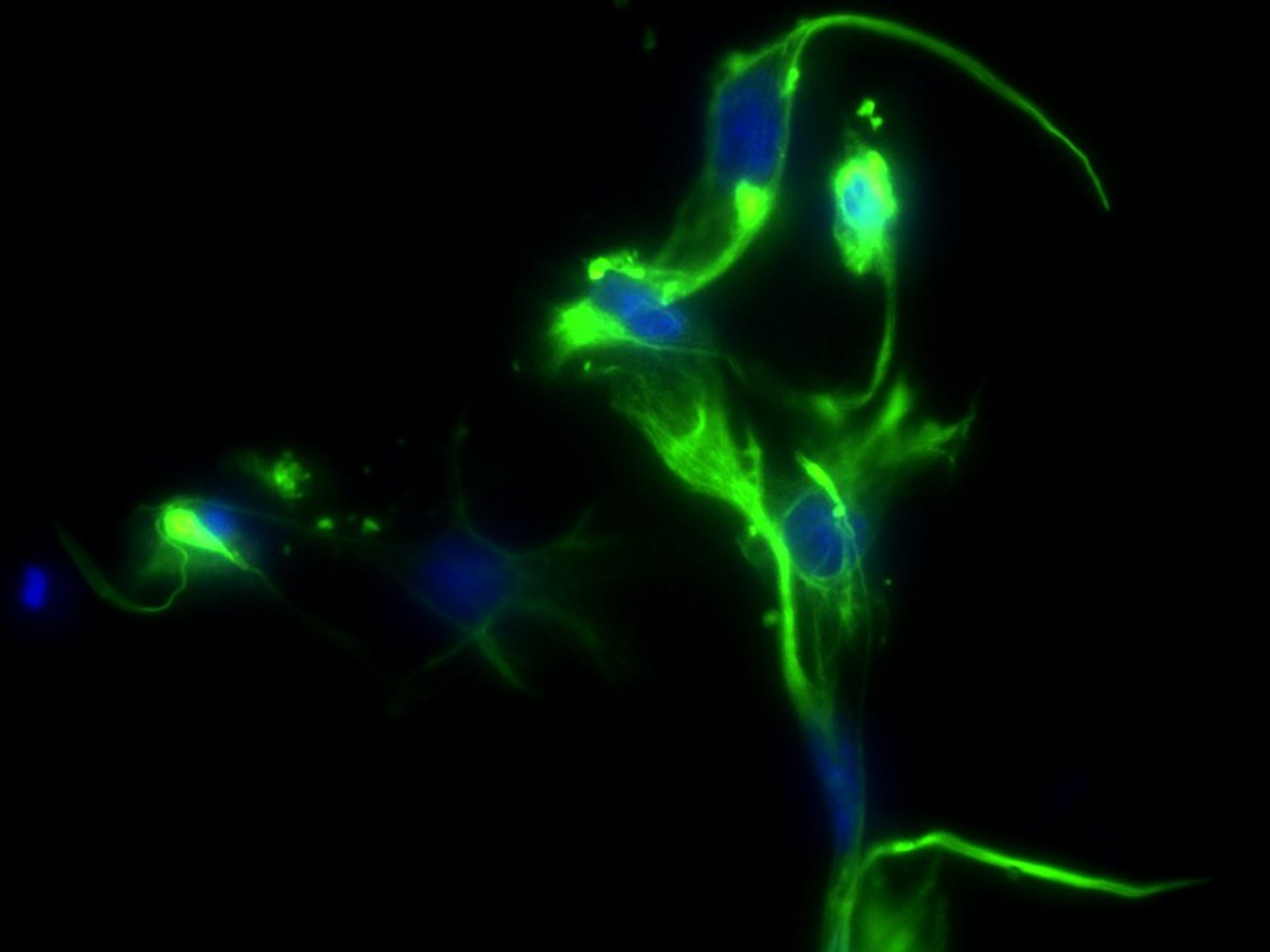
Welcome to the Dutta Research Lab (DRL), dedicated to the comprehensive scientific study of menstrual pain (dysmenorrhea) and related complex conditions like endometriosis. Based in Manipal, Karnataka, we are at the forefront of tackling crucial yet historically under-researched areas of women's health within India's unique context.
Menstrual pain is widespread, significantly impacting daily life, education, and work. However, severe or chronic pelvic pain, including debilitating menstrual pain, is often linked to underlying conditions. Endometriosis, a chronic inflammatory condition where tissue similar to the uterine lining grows outside the uterus, is a primary focus of our research due to its significant impact and the diagnostic challenges it presents.
Our lab was established to address the critical gap in understanding both primary dysmenorrhea (pain without underlying pelvic disease) and secondary dysmenorrhea caused by conditions like endometriosis, mainly focusing on the diverse Indian population.
Pioneering Research in Menstrual Pain & Endometriosis: Advancing Understanding, Improving Lives

About PI


Rahul Dutta, DVM, Ph.D.
Education
PhD biological science, Technische Universität München, Germany 2016
Master of Veterinary Science in Animal Biotechnology, National Dairy Research Institute, India 2010
B.V.Sc and A.H Veterinary Medicine, Assam Agricultural University, India 2007
Stages of academic/professional career
Post-Doctoral researcher at The Robert Smith Faculty of Agriculture, Hebrew University of Jerusalem (2017-2019)
Grants Adviser Wellcome Trust/DBT India Alliance (2019-2021)
Assistant professor- Division of Reproductive Biology, Department of Reproductive Science, Kasturba Medical College, Manipal Academy of Higher Education (2021- ongoing)

Funders





